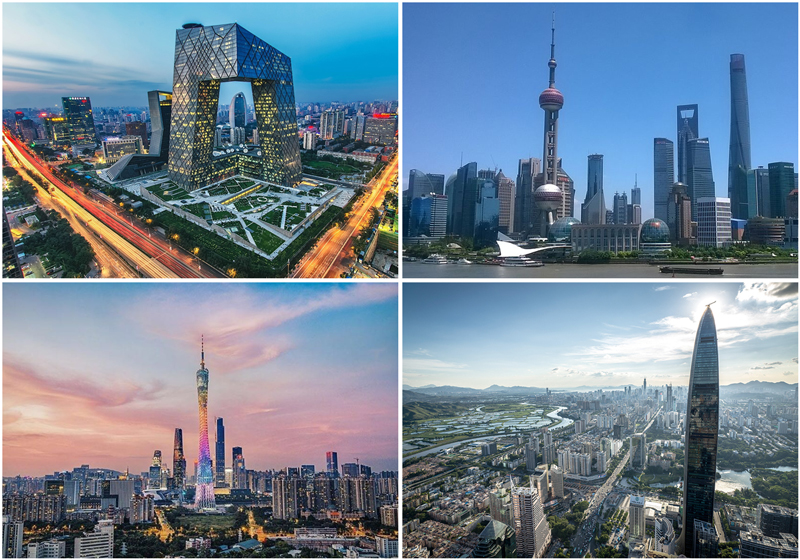How to identify the best offer?
From the cases we have done, some of the candidates will get a number of offers. Then, it comes to a problem, how to identify the best offer.
Regardless the salary issue, the main considerations are the school and the city.
The school
is the place you are going to work in. It’s very important for you to find a school that you are satisfied with.
Generally, there are four types of schools: training center, kindergarten, public schools and international schools.

1. Training center teaches pre-school kids, ages from 2~6. Usually, the centers have no office hour; but workloads are heavy. If you prefer to sleep till the mid-day, I bet you would love the training centers more.
2. Kindergarten students are 3~6 years old. Kindergartens always want the teacher to be with the kids all day long. Although you receive a long office hour, the workload is relatively less. Additionally, kindergartens start early and finish early; make sure that the time table is fine for you before you accept the offer.
3. Public schools have elder students, seven to sixteen. The students are easier to work with; but you could be requested to teach many classes a week.
4. International school is attractive, nice students’ ages and less workload. But the competition among the candidates is stiff.
For new expats in China, we suggest you to start from a training center.
The city
is the area you are going to live in. You should pay enough attention on the question: where do you want to live?
China is big and colorful. Although all the Chinese cities are modern cities, they are unique with different characters.

1. Climate
From north to south, west to east, the climates of the Chinese cities are diverse. The cities in north China, like Haerbing, receive heavy snow during winter. But the cities in south China, like Guangzhou, have no snow even in winter. Cities in west China, like Ningxia, have very little rain during summer. While cities in east China, like Wenzhou, are familiar with typhoon and rain storm.
Where do you want to live? This is an important question!
2. Population
Technically most of the Chinese cities are big cities with large populations. But among those cities, some of them are metropolis like Beijing, Shanghai, Guangzhou and Shenzhen; we call them first-tier cities. Take Shanghai for example: It’s huge and crowded. People there are busy and hardworking. No matter where you are in Shanghai, you will live with a large number of neighbors.
3. Living Expense
The living expense should be considered as a part of your net income. The less you pay on your living, the more you save at the end of year.
The cost of living in China depends on the city in which you live: Beijing and Shanghai, for example, are much more expensive than the second-tier cities such as Hangzhou and Nanjing, which in turn are more expensive than smaller cities. To live in the cities along the east coast line are generally more expensive than that of the inland cities. To live in the tourism cities like Sanya and Xiamen pays more than that of the industrial cities like Jiaxing and Suzhou.
The cost of living in China would also depend on your lifestyle: if you like drinking whiskey and cola in the elegant bars of Shanghai, you will spend more than those who shop at Walmart.
For new expats to China, we suggest you to find a city with higher net income.
Related Reading
How do foreigners work legally in China?
Meet a wonderful life in China!
Documents you need to get a Work Permit Notice
How to make a smooth landing in China?
